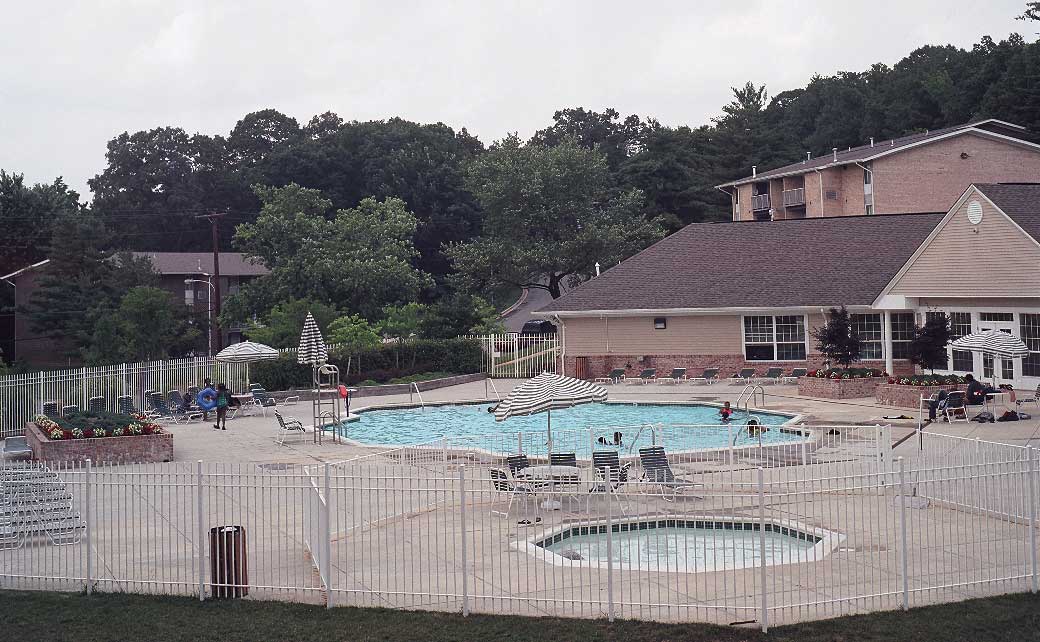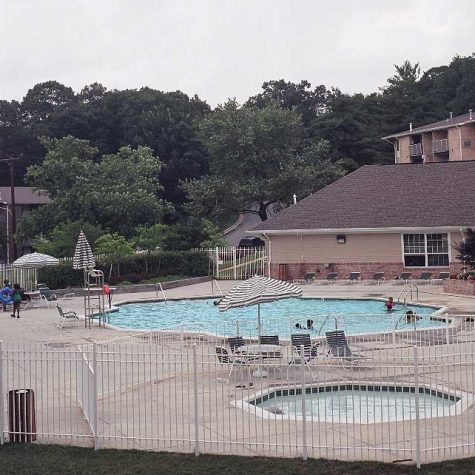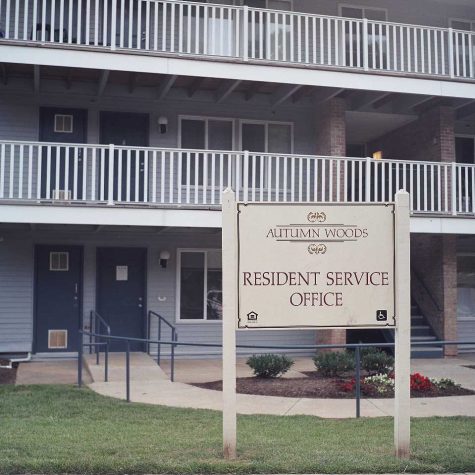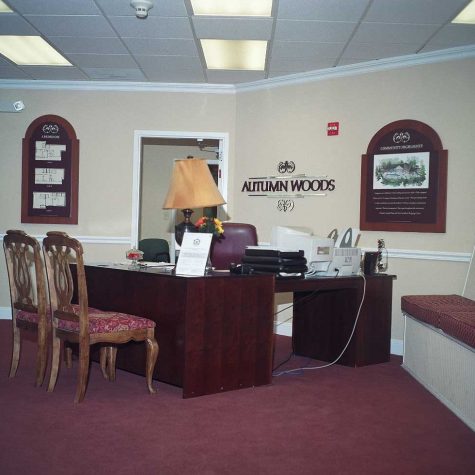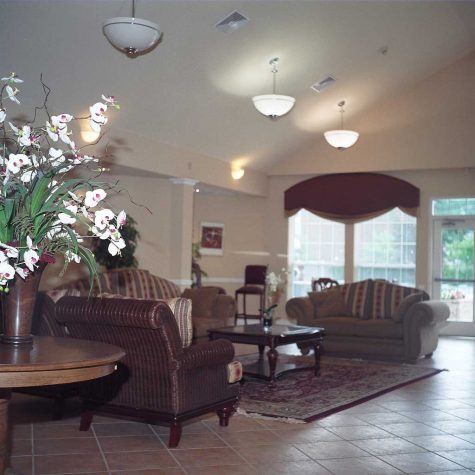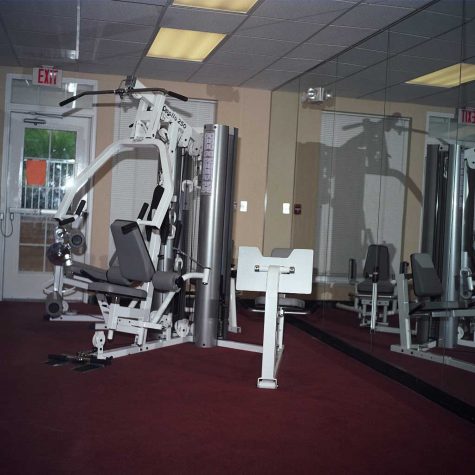The Challenge
The redevelopment and repositioning of a 35 year-old physically and financially deteriorated 647-unit garden apartment complex that was seriously crime-ridden and a blight to the surrounding community. In 1999, the property was being foreclosed and was less than 60% occupied. Elimination of this blight was a high priority for Bladensburg, MD.
The Plan
Using the principles of “smart growth,” Landex formed a public/private partnership that included the Town of Bladensburg, Prince George’s County, and the State of Maryland to physically restore and reposition this neglected property, highlighting its proximity to the Washington, DC metropolitan area. To insure that the housing community was more compatible with its surrounding neighborhood, Landex reduced the density of the housing on the 25-acre site by 25% from 647 apartments to 478 apartments. In addition, Landex carried out the renovations in two phases so as to minimize any disruption to the residents and the community. Landex designed and implemented a Relocation Plan for each phase of the project that was consistent with the federal Uniform Relocation Act and State regulations. Finally, to address the lack of good food services in the area, Landex partnered with a local farming cooperative to establish a three-acre urban farm on the area where the buildings were razed. The redevelopment, which included only temporary relocation, was completed on time and within budget.
The Result
In both Phase I and Phase II all apartment interiors and building exteriors were substantially renovated and landscaping was dramatically improved with native, drought-resistant species to enhance the aesthetics and defensible space. A community pool and a clubhouse with a fitness center, entertainment center, and a management/leasing office were erected on the site. In addition, three state-of-the-art laundry centers were added and a Resident Service Center equipped with a computer lab was established in partnership with the Magic Johnson/Hewlett Packard Inventor Center to focus on bridging the digital divide for low and moderate income families. The urban farm venture, which has been highlighted on National Public Radio (NPR), has been a resource for good nutrition and health education to the community.
The redevelopment plan resulted in the repositioning of the property and has helped to restore the neighboring community and eliminate rampant crime. Average occupancy currently exceeds 95% and rents have increased steadily since the renovation.
In 2000, Landex was named “Developer of the Year” by the Maryland Department of Housing and Community Development for its work on this property in this community.
